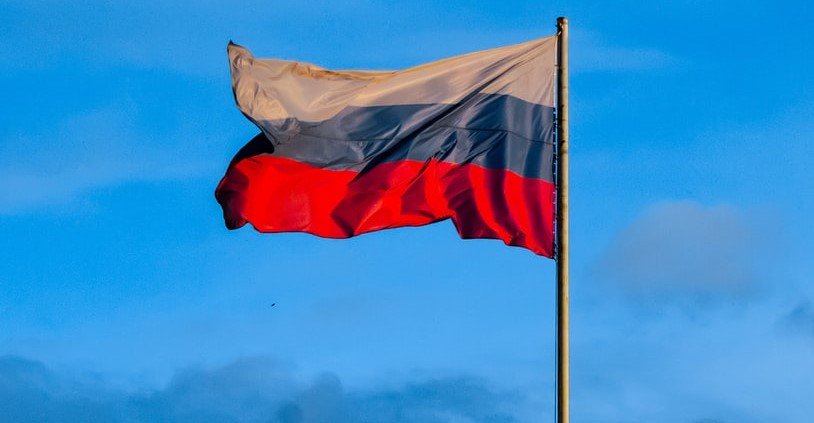
Russia is planning to deploy more ferries to supply the Kaliningrad exclave, according to media reports. Lithuania has banned several goods from passing through the country by rail as part of sanctions against Russia.
The railway line from Russia through Lithuania to the Russian exclave is an important lifeline for the area where approximately 950,000 people live.
Governor Anton Alichanov told the RIA Novosti news agency that only 40 to 50 percent of the normal flow of goods can be transported to Kaliningrad due to the blockade of Lithuania. According to him, this is strangling the region economically.
There is a route across the Baltic Sea from the port of Ust-Luga west of Saint Petersburg to Baltiesk in the exclave. There are four ferries on the approximately 900-kilometre route and there should be more, according to the authorities. If Kaliningrad is completely closed off by Lithuania and Poland, as many as twenty ferries may be needed.
Russia has been expanding maritime transport options to the exclave for some time now. Early this year, a 200-meter-long “fuel truck and train ferry” built in Turkey, the Marshal Rokossovsky, arrived in Baltiesk.
According to a spokesman for the governor, many companies have already started preparing for a possible closure of the land border. By 2021, 40 percent of all goods destined for Kaliningrad would have been shipped by sea. But a lot of investments are still needed in the port of Baltiesk. Alikhanov is counting on help from the federal government in Moscow.
The Kremlin is furious about the blockade. The National Security Council is holding a meeting in Kaliningrad, but it is said to have been scheduled before the blockade. The ambassador of the EU in Moscow was summoned on Tuesday.
